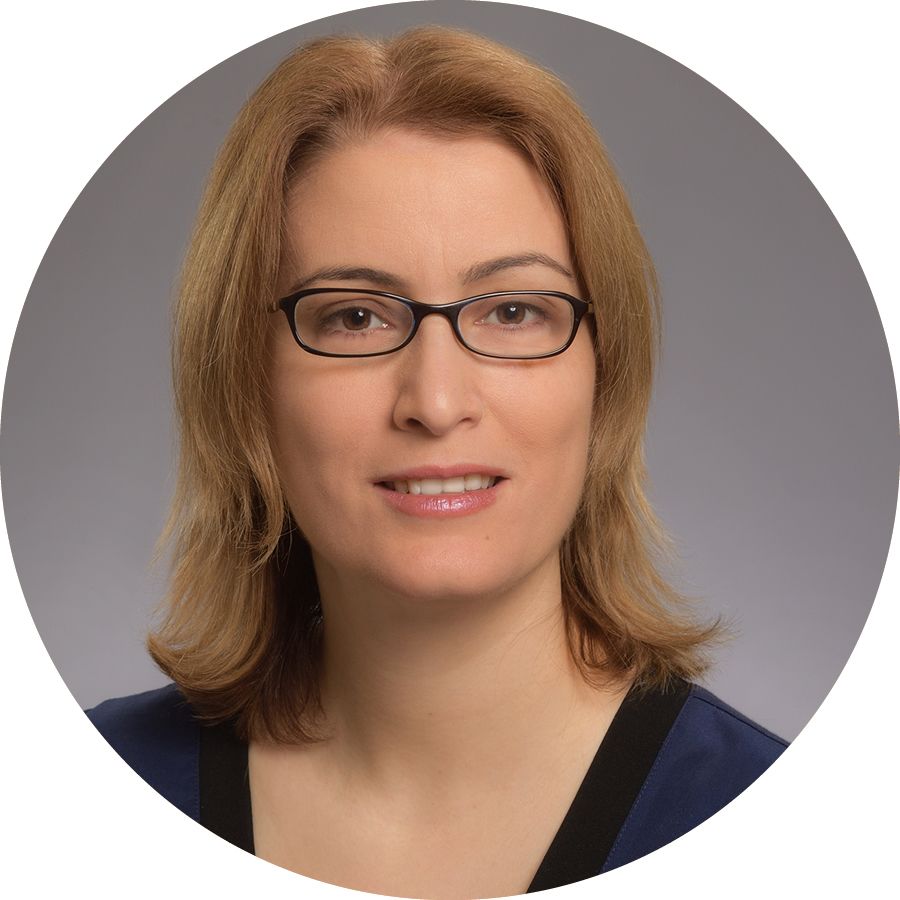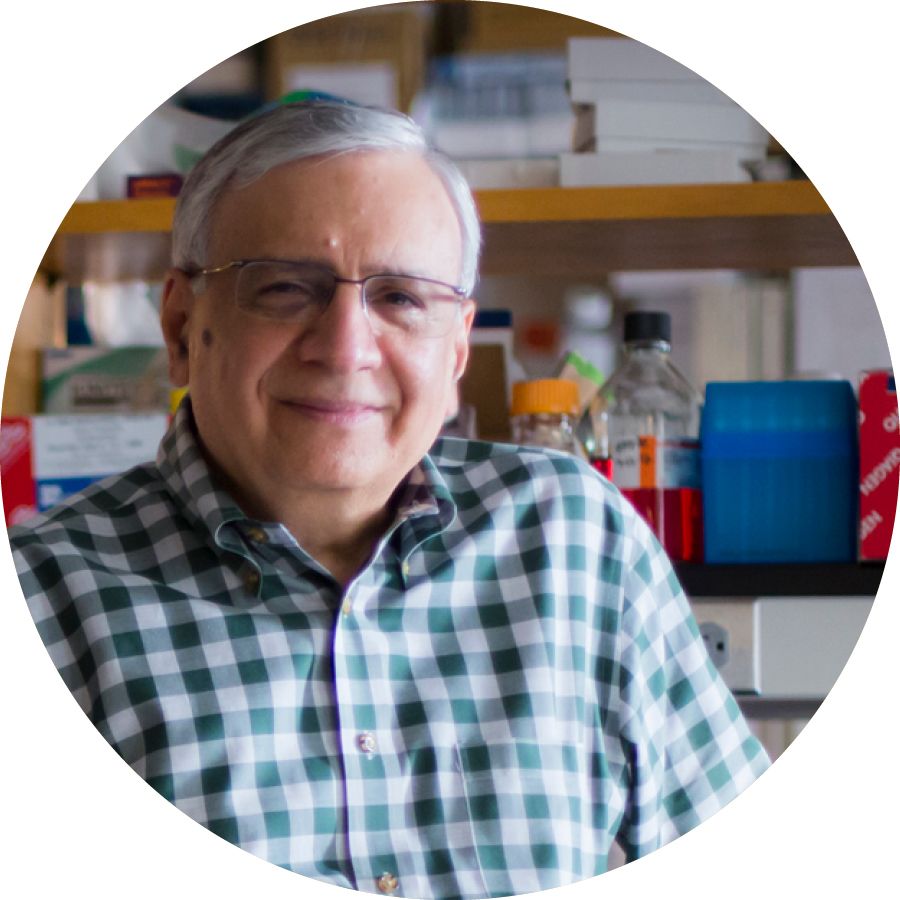COVID QUESTIONS | one change
If you could change one thing about our response in the beginning, what would it have been?

COLLEEN KELLY: “A major misstep was the failure to embrace masks because we did not have good solid scientific data that masks are effective in preventing transmission of respiratory viruses. We all have seen Asian countries embrace masks all along, even before COVID-19, to control respiratory viruses, and I didn’t understand why we weren’t following in their footsteps. Masks are part of the culture for control of respiratory viruses in Asia, and they were doing really darn well, so why were we trying to say that we knew better?
MEHUL SUTHAR: “In November 2019, I gave a lecture to fifth graders at my daughter’s school and, as part of that talk, I taught them about viruses. I gave two examples of pandemics during our lifetime: one was Ebola virus, which I like to connect back to Emory’s response. The other was SARS coronavirus. I gave an example about how quickly those viruses could spread from, say, India to China, to Australia, to the US without any hesitation. We knew about the threat of emerging viruses and the importance of preparation. And yet, we were not prepared.
NADINE ROUPHAEL: “Looking back a year later, I think we’ve learned to never underestimate an outbreak that can appear to be local but then becomes an international pandemic. We should invest in preventing and addressing future threats. Emory integrates clinical, translational, and basic research, and we do it extremely well, but there is still room to do better.
RAFI AHMED: “People like to criticize, but I think the scientific community did pretty well. I’m tired of Monday morning quarterbacking. I can’t comment on the public health issues, but the vaccine community stepped up and outperformed itself. It’s amazing to have, in less than a year, multiple licensed vaccines. I would not have predicted 95% efficacious vaccines.

“I quickly came to realize SARS-COV-2 would become the focus of our research efforts and would change our lives forever.”

“The vaccine community stepped up and outperformed itself. It's amazing to have, in less than a year, multiple licensed vaccines.”

